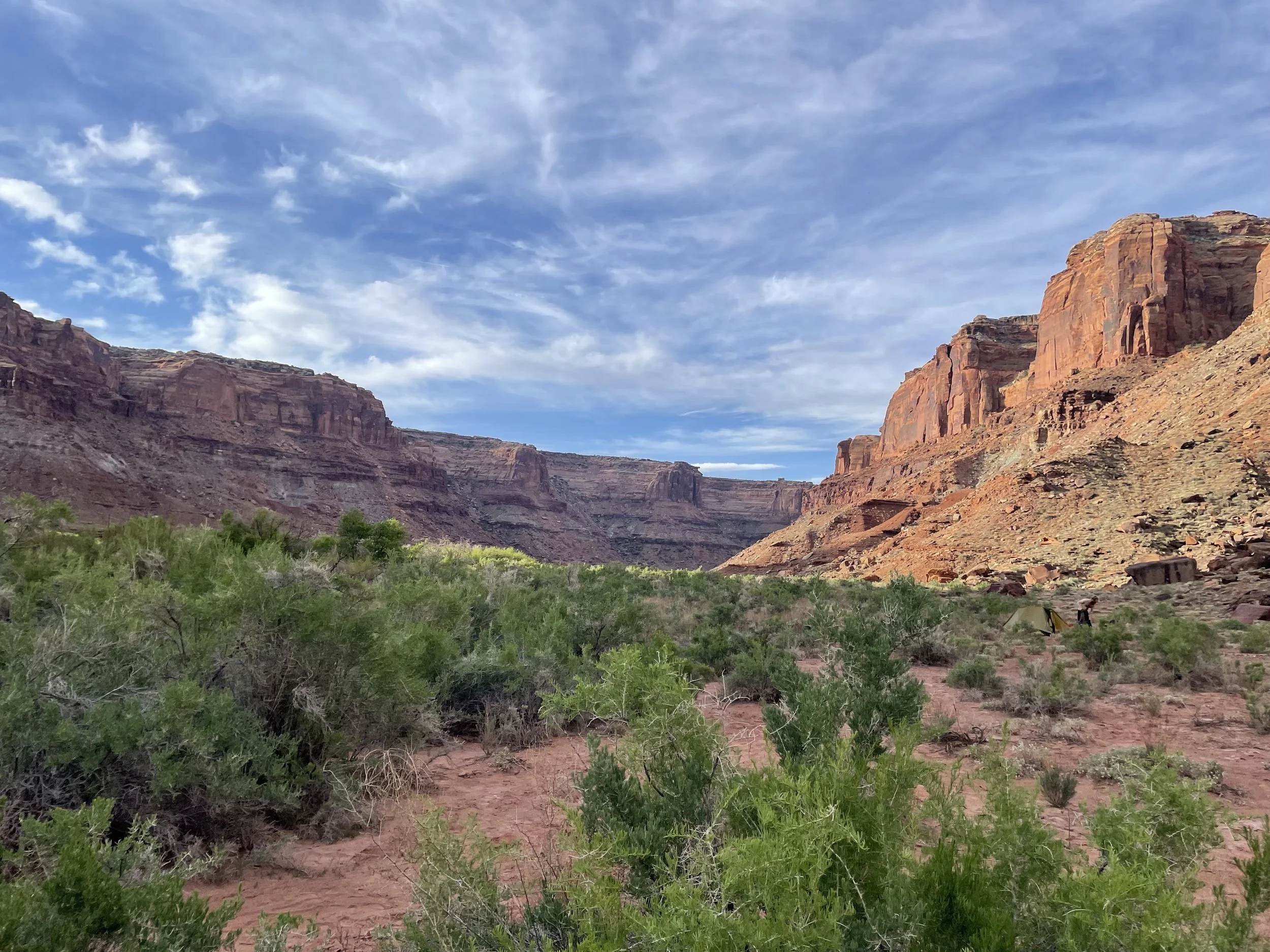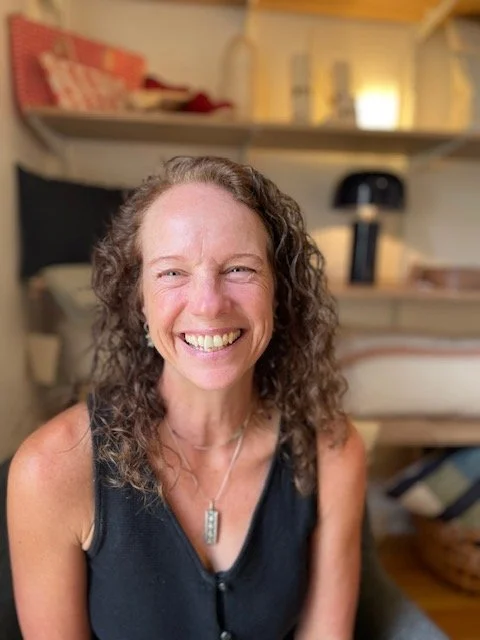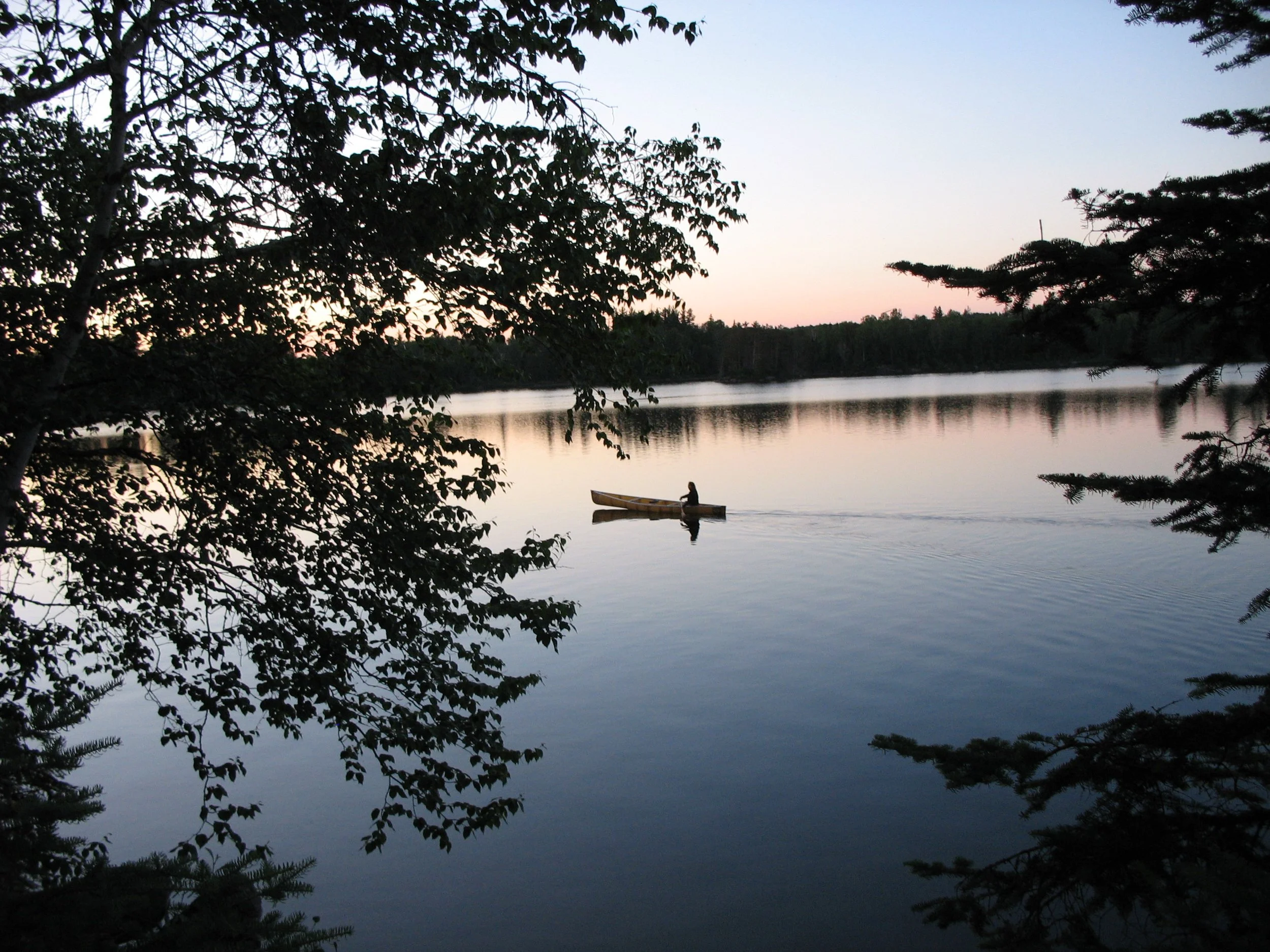Mindful, Somatic, Trauma-Informed Psychotherapy for individuals, couples, and families
“I ask you… to have patience with all that is unresolved in your heart, and to try to love the questions themselves like closed rooms, like books written in a foreign language. Don’t try to find the answers now, they cannot be given any way because you would not be able to live them, for everything needs to be lived. Live the questions now. Perhaps you then may gradually, without noticing, one day in the future, live into the answers.”
Rainer Maria Rilke
What are the questions you are living with, inside yourself, or in your primary relationship(s)?
Where are you stuck, confused, angry, hurt, overwhelmed? What feels unworkable? And how do you reconcile what’s happening inside of you or what’s happening between you with what’s happening in the world around you?
We are living in a time of incredible uncertainty. This affects all of us, whether or not we’re aware of it on a daily basis. In this time we must learn how to stay present to the fact of our discomfort and the discomfort of the larger world. It’s crucial that we find a quality of ground underneath our feet, over and over again, in this groundless time. In my opinion, it’s necessary that we deepen our capacity to be in relationship- relationship with ourselves, with one another, and with the earth.
For the past 25 years, I’ve been offering psychotherapy in Colorado, helping clients open and deepen their relationships. One of the intentions I bring to my work is to help my clients consider the question that Mary Oliver asks:
What do you want to do with your one wild and precious life?
What do you want? And how possible does that feel, especially in this time? I work from the premise that your wholeness resides within you, not outside of you. I aim to help you uncover- or discover- that innate health and well-being, and from there to live from a more congruent, embodied, and empowered quality of Self.
“Wholing is the foundation for true healing. Some degree of personal wholing must precede any deep healing, not the other way around. We must to some degree cultivate our wholeness before we can truly be healed. Wholing comes first and is foundational. Once we get started in our wholing, we can begin Self-healing; and Self-healing accelerates our capacity for wholing. Wholing and healing reinforce each other.”
Bill Plotkin

Approaches
-
Ron Kurtz, the founder of the Hakomi method, says, “Therapy is first about discovering. It’s about who you are and about what your deepest emotional attitudes are. It’s not just about who you think you are. It’s not opinion. It’s not something you can know with the intellect. It’s about who you are in the very heart of yourself. That’s the flavor of psychotherapy, discovering yourself, discovering your real attitudes toward the most important pieces of your life.”
Kate uses Hakomi's five principles to help people discover what is truly important to them in life:
Mindfulness: slowing down and paying attention to what is happening internally, all by itself
Nonviolence: Change happens when our defenses are supported and understood, instead of trying to break them down or work around them
Organicity: Like the acorn that can grow into a magnificent oak tree, the therapist’s job is to offer optimal growing conditions that support and nourish organic growth and unfolding
Mind-body integration: The information we can get from the mind is also available, and often more directly accessible, in the body.
Unity: Therapist and client are in a mutual unfolding. The therapist is not the expert so much as the facilitator, and a fellow traveler on the journey.
For more information, visit: www.hakomiinstitute.com.
-
I am a Level 2 PACT Couples Therapist. PACT is the Psychobiological Approach to Couples Therapy, created by Stan Tatkin. This model uses the lenses of attachment theory, arousal regulation, and developmental neuroscience to assist the couple to become more 'secure functioning'. Couples gain insights into themselves and their partners, and develop greater skill around being in relationship with one another, which results in happier, more alive relationships. This approach is collaborative and highly experiential.
The first session is one and half hours long. Subsequent sessions are an hour or an hour and a half.
-
Somatic experiencing is a body-centered therapy designed to help individuals heal from trauma and stress-related disorders, such as PTSD. It focuses on increasing awareness of bodily sensations to release trapped trauma and restore emotional balance
-
EMDR stands for Eye Movement Desensitization and Reprocessing.
It is a simple protocol for working with trauma. When we experience a perceived or real life-threatening event, the body-brain can’t process and release that experience in the way it can the events of daily life.
EMDR allows the client to identify and process that material consciously, with the aid of strong resources and containment in the safety of the therapeutic relationship.
-
As a psychotherapist, the greatest tool you have is yourself.
Our ability to be deeply engaged, not just with clients but with our own responses to those clients and to our role as therapists, allows us a greater sense of fulfillment and satisfaction in our work.
My style as a supervisor encourages you to have an ongoing commitment to your own growth and well-being as a human being, not only as professional.



